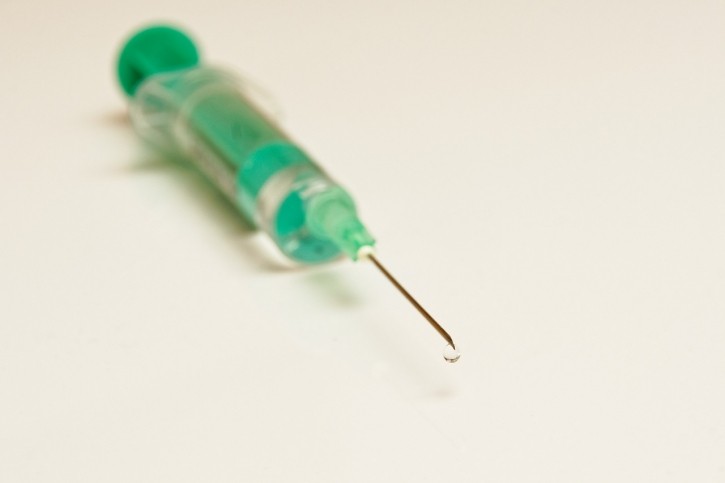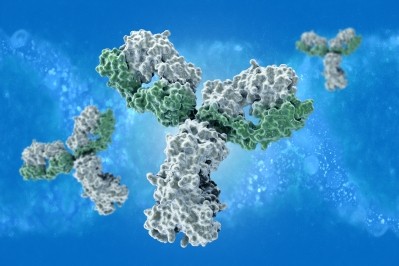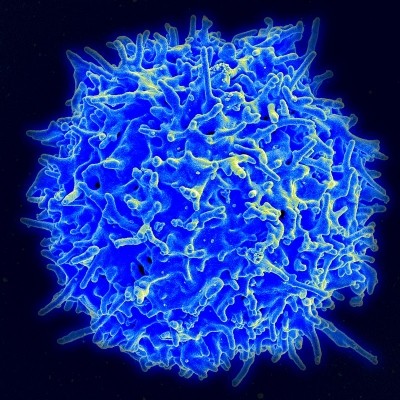Immatics GmbH founds $60m US T-cell spin-out

The new company will be based in Houston, Texas and has received over $40m from its German parent company and a $19.7m grant from the Cancer Prevention and Research Institute of Texas (CPRIT).
The new business will develop autologous and allogenic ACT treatments T-cell tech from parent company Immatics Biotechnologies GmbH and expertise from Texas’s MD Anderson Cancer Center.
ACT involves transferring cells into a patient, whether they originally came from the individual’s body (autologous treatment) or from outside (allogenic). CAR T-cell therapies are among the fast-growing list of treatments in this field.
Cancer targets
Immatics US will use Immatics GmbH’s Xpresident platform to discover novel cancer targets and later develop T-cell receptor-based approaches.
The company said its targets “will be both efficacious and safe due to the specificity of its novel well-characterized targets, including novel over-expressed, cancer-testis and neo-antigens ideally suited for specific and safe ACT approaches.”
Harpreet Singh, CEO of Immatic US, said immuno-oncology has been held back by a lack of new targets. “Immatics has been working for the last 15 years to gain a broad and in-depth understanding of the immunopeptidome of tumor and normal tissue cells. Based on this unique expertise we have discovered dozens of novel immunotherapy targets that will be central to the success of Immatics US, Inc.
“With several complementary development programs guided by some of the most exceptional scientists in the field of cancer immunotherapy, we are in exactly the right place to deliver transforming therapies to cancer patients with high medical need."
Access to technology
Oncology experts from the University of Texas MD Anderson Cancer Center will support the company, led by Patrick Hwu, head of cancer medicines, and Cassian Yee, professor of medical melanoma.
The company will also draw on the cancer centre’s in-house and licensed technologies, including cytokine IL-21 for expansion of T-cells, a gamma-delta T-cell platform for allogeneic cell therapy approaches, and other tools for ACT development.
The new company expects to begin clinical trials in 2016.







